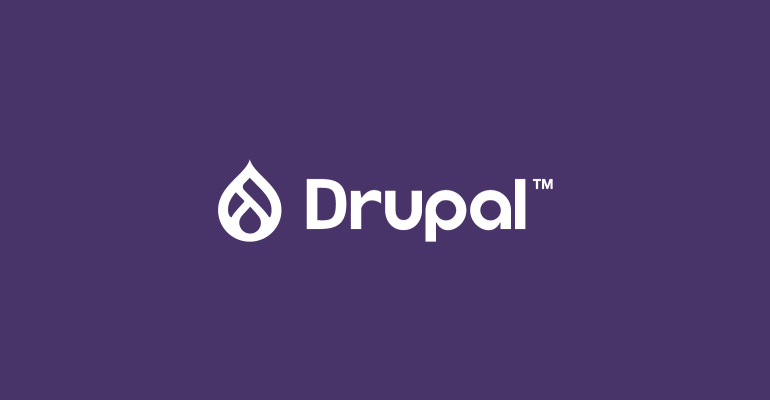Drupal 7's end-of-life (EOL) has been pushed back by one year in response to the impact on budgets and operations for businesses as a result of COVID-19.
Initially planned for EOL in November 2021, Drupal 7 will now reach EOL a year later, on 28th November 2022.
What does EOL mean?
When a version of Drupal reaches the end of its 'life', it means the system will no longer receive direct updates from the core Drupal community. This means common regular updates, such as security patches, will no longer officially be delivered. In short, the system will no longer be proactively supported.
Do I need to move away from Drupal 7 at EOL?
Not necessarily. Whilst Drupal 7 will no longer receive official updates from the main Drupal community, it is highly likely that a support community will pick up the slack and continue to keep sites secure. This, in addition to the support you receive from a digital agency (such as us) means that Drupal 7 sites won't stop working after November 2022.
Having said this, migrating your Drupal 7 website to Drupal 8 or 9 (we'll explain shortly) will be a recommended course of action for many organisations where maintaining the latest systems is a core operational requirement.
Is there a Drupal 8?
Yes, there is, although somewhat confusingly it reaches its own EOL a year before Drupal 7 - November 2021.
That's because we already have Drupal 9 as well which will continue its new life for some time to come.
Which version of Drupal should I move to, 8 or 9?
Strangely enough, this isn't a very big decision to make. Whilst Drupal 8 and 9 are different versions of the CMS, the transition (or 'upgrade path' to use the jargon) is very smooth, so if you have built, or are building a website using Drupal 8, the steps required to upgrade it to Drupal 9 later on will be minimal.
What's the important thing to know?
There's no need to rush. If you have your website on Drupal 7 you should continue to ensure that it remains patched and maintained. It will see you through to late 2022 and potentially beyond, as long as you have the support in place.
Whilst Drupal 7 is reaching EOL, Drupal has officially said that Drupal 7 will be supported until at least 2025 by the Vendor Extended Support program which will be sufficient for many websites.
If you are planning to update, your organisation has strict security/operational requirements specifying the latest technology or this all coincides with a planned rebuild project, you should be building using Drupal 8 or 9. As stated above, as long as you are building on at least Drupal 8, the work required to move to Drupal 9 in the future will be minimal.





